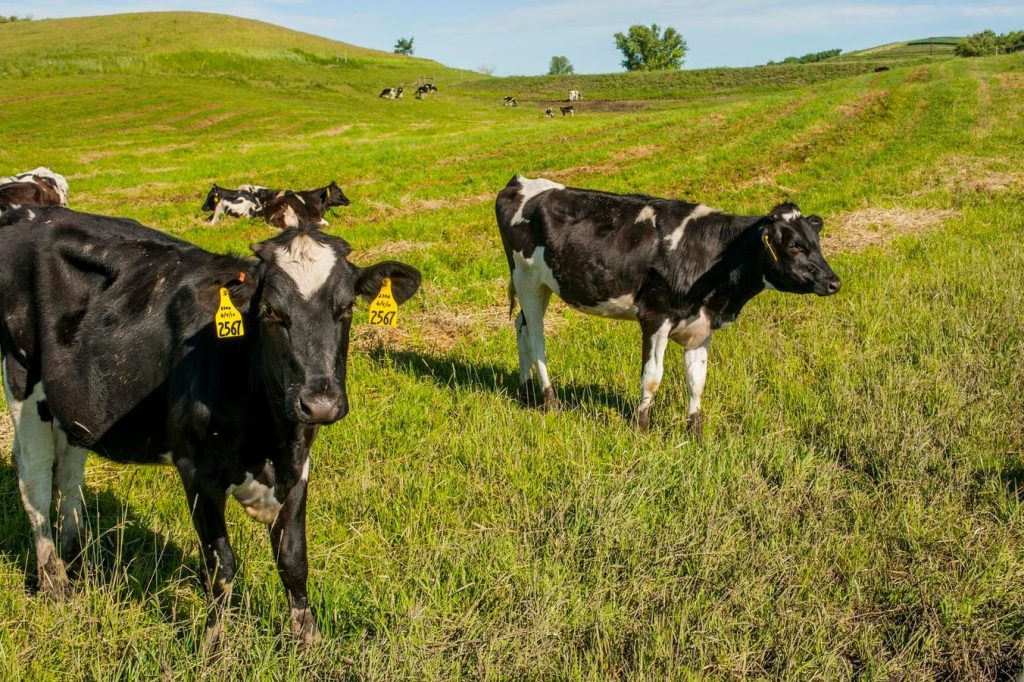The Food and Drug Administration (FDA) has reported that samples of pasteurized milk from various locations in the U.S. have tested positive for remnants of the H5N1 bird flu virus. This discovery comes after a month of the infection spreading in dairy cows across multiple states. However, the FDA has assured that the U.S. milk supply is safe for consumption despite the presence of the virus.
The FDA has confirmed that the remnants of the H5N1 virus found in the milk do not pose a threat to consumers. This is due to the pasteurization process, which involves heating milk to specific temperatures for a certain amount of time to kill or inactivate harmful bacteria and viruses. Additionally, the FDA and Department of Agriculture have stated that the U.S. milk supply remains safe due to the diversion or destruction of milk from sick cows.
While the positive samples of the virus in milk are not an immediate cause for concern, they suggest that the bird flu outbreak among dairy cows may be ongoing. Cases of the bird flu have been identified in domestic livestock in states such as Idaho, New Mexico, Texas, South Dakota, Kansas, Michigan, Ohio, and North Carolina, according to USDA data. The FDA is continuously testing milk samples from various sources to better understand the current situation.
The FDA is currently conducting egg inoculation tests, which it considers the gold standard for determining viable virus, to assess the bird flu positive findings in commercial milk. Findings from multiple studies on this subject will be published in the coming days or weeks. Despite the presence of the virus in milk samples, the FDA maintains that the commercial milk supply in the U.S. is safe for consumption.
There is no evidence of bird flu transmission between humans at the moment. However, the World Health Organization has expressed concern about the increasing threat of human-to-human transmission of the virus. Between January 2003 and March 2024, 888 human cases of bird flu infection have been reported, with 52% of those cases resulting in fatalities. The CDC has stated that the risk of transmission from infected animals to humans is currently low.
While pasteurization can eliminate harmful viruses, it may not completely eradicate all viral particles. The presence of the bird flu in milk is believed to have originated from wild migratory birds. The CDC has stated that there is no need for a milk recall at this time, as there have been no detections of the bird flu in commercial beef herds. Two cases of humans contracting the bird flu have been reported in the U.S., with one person in Texas testing positive recently and another in Colorado in 2022. The symptoms reported by these individuals include pink eye and fatigue, respectively.


